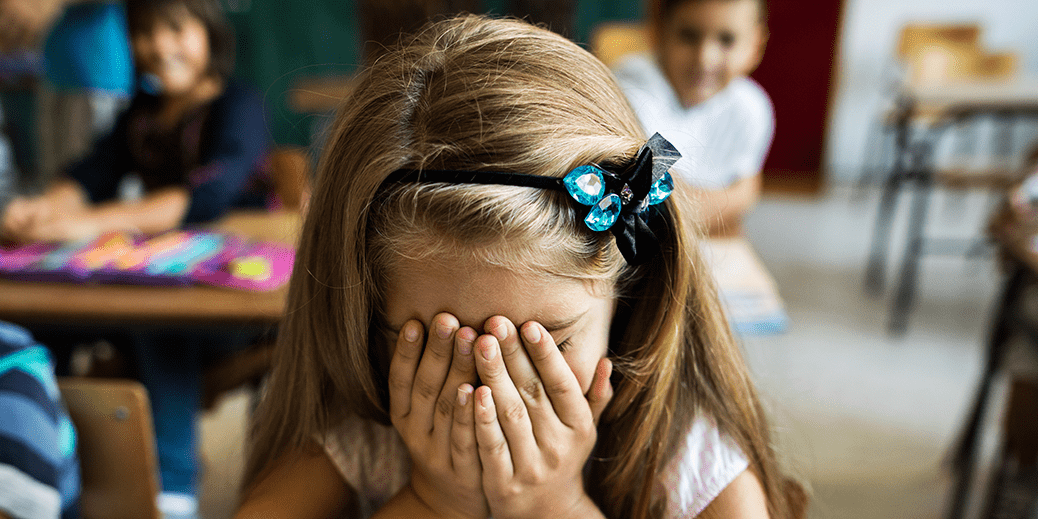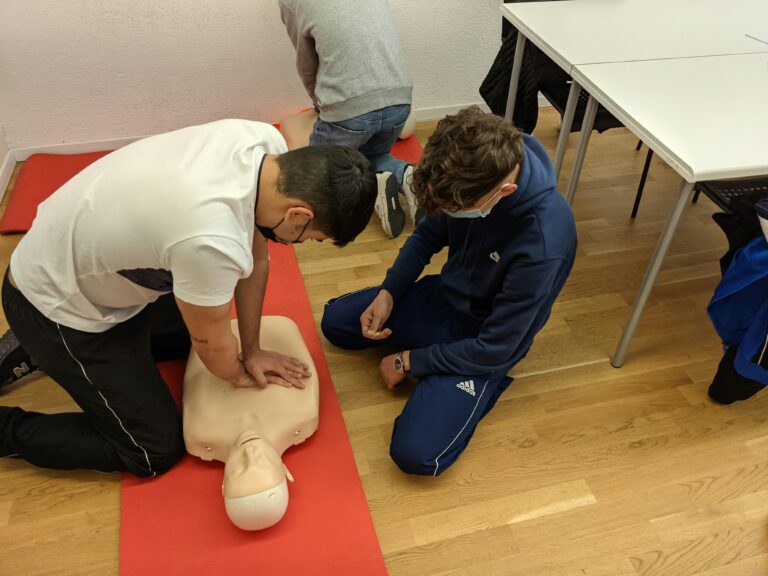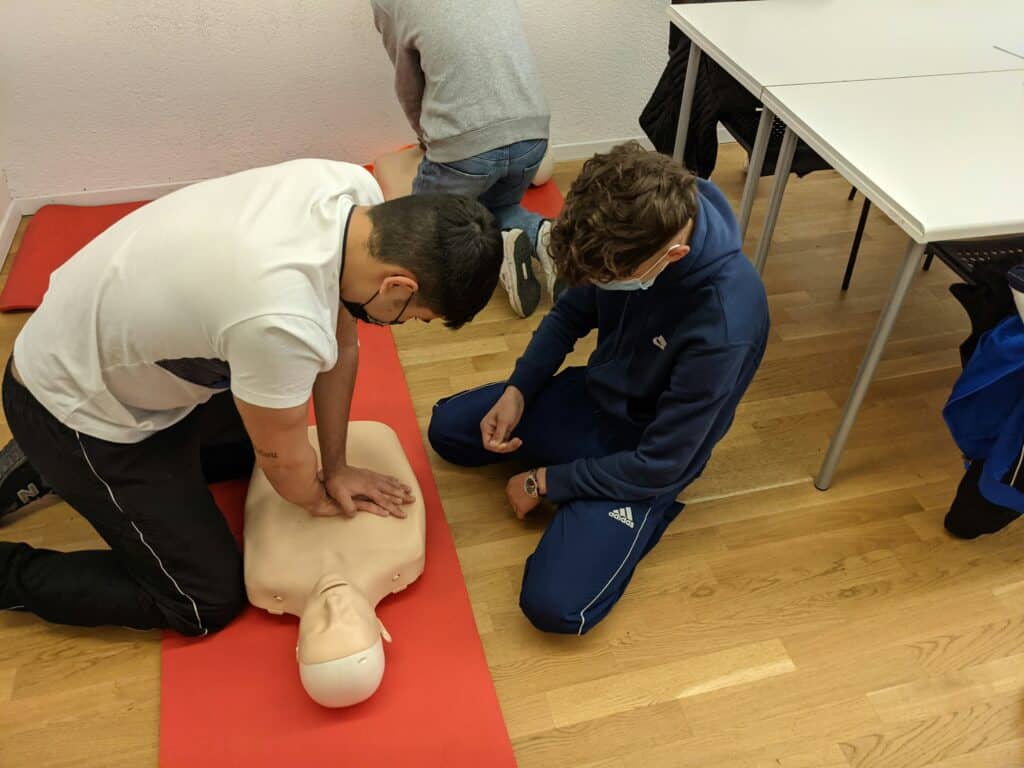The conversation surrounding socialization and homeschooling has been more about limitations than opportunities. Many people believe that homeschooled children have a more challenging time socializing than those who go to school each day. However, this just isn’t true.
Homeschooled kids can have full social lives, but they need us to guide them through unique circumstances to see that to fruition. Starting early holistic childhood development with homeschooled children can help combat any uneasiness when it comes to socializing with others. Let’s discuss various socialization aspects homeschooling families should consider to ensure their children have a healthy social life.
Start With Family Interactions
Although many people tend to lean toward the notion that traditional school settings are the primary source of socialization for children, they forget about family interactions.
Of course, children should have the opportunity to socialize with others outside of their families. However, don’t discount the impact family interactions and activities can have on a child’s socializing ability.
For instance, if you have more than one child, they learn how to share and interact respectfully with other children by all playing together. They also have a chance to grow their communication skills, manage their emotions, and develop relationship-building skills.
Ultimately, family activities, events, gatherings, and daily living are incredible opportunities to build social skills in a comfortable setting before branching out into the world.
Adopting a pet can significantly enhance communication and emotional skills in homeschooled kids by encouraging responsibility, empathy, and expressive interaction. As children care for their furry companions, they learn to interpret non-verbal cues, articulate needs, and manage their emotions constructively. Dogs also offer a unique outlet for emotional connection and stress relief, creating a safe and nurturing environment for children to grow socially and emotionally.
Foster Open Communication

Teaching your kids how to communicate effectively can help them build valuable social skills. With effective communication comes active listening, empathy, and understanding, all of which are critical for social skill-building.
Foster open communication with your children. Create a home environment that welcomes authentic, transparent communication so that they feel comfortable coming to you not just when things are tough but also when they’re curious, grateful, and happy. That way, they’ll be more equipped to communicate well in social situations.
Art and other creative outlets play a crucial role in fostering communication and emotional skills for homeschooled children. Engaging in activities like painting, music, or storytelling helps children express their emotions safely and constructively. This can be particularly important for homeschooled kids who might have fewer opportunities for peer interactions compared to traditionally schooled children. Creative projects encourage them to articulate thoughts and feelings, collaborate on ideas, and develop empathy by exploring different perspectives through their artwork. Additionally, preserving their artwork not only validates their efforts but also provides parents with an avenue to discuss emotions and experiences with their children in meaningful ways.
Teach the Importance of Having Strong Values
One of the most critical parts of socializing is having a strong value system. There will be many times in your child’s life when they’ll have to associate with someone who doesn’t share their beliefs. If they aren’t prepared to stand firm in what they believe, the interaction may result in them compromising their values in some way.
Have continuous conversations with your kids about your and your family’s values. Be sure it’s an open dialogue so that they can also share how their value system is developing.
You can get your kids thinking about the reasons behind their values by asking about their dream careers as well as discussing your own. If you are having this discussion with your children, chances are choosing a career that aligns with your values is important to you as well. Talk your kids through how and why you chose the career and organization you did and how they can do the same.
Recognize Unhealthy Social Situations

Not every social situation will be a good one for your children. As much as we want to protect our kids from any and every bad social interaction, we can’t. So, rather than keep them from socializing altogether, it’s better to teach them how to recognize unhealthy social situations and what to do should they be in one.
Be sure to sit down with your kids and talk about what to do in unhealthy social situations. Whether it’s a divorce, bullying, an unhealthy relationship, or bad influences, you must first accept that these things happen and will affect your children.
Then, when you’re in a solid mental and spiritual space, express your concern with your child in a gentle, loving manner. Create a policy that allows them to call or text you a code word of some sort that communicates they need to be picked up right away. Talk in-depth about this policy and what they should do while waiting for you to get to where they are.
Also, if you need extra support helping your child through unhealthy social situations, don’t be afraid to enlist the help of a professional and ask for advice from other parents in homeschooling families. For personalized advice and counseling, you can explore BetterHelp Services to connect with experienced professionals.
Learning to Stand Up For Oneself
As stated above, as your children grow and begin socializing regularly, they’ll interact with people who don’t share their views and may find themselves in an unhealthy social situation at some point. Although not every situation will require them to stand firm in the face of discomfort and stick up for themselves, they should know how to do so.
Making sure that your kids know how to stand up for themselves should be a priority. Teach them confidence, and morality, when it’s appropriate to stand up for themselves, and when it’s better to walk away.
And always instill in them that physical violence isn’t the answer, nor is it ever right for someone to inflict it on them. Be sure that your kids know who to contact and what to do should they be physically threatened.
Conclusion
These are just a few homeschool social skill-building considerations to make. Developing social skills in homeschooled children isn’t any less important than growing these skills in children in the traditional classroom setting. You may have to get creative in how you help your kids acquire these essential life skills, but the extra work is worth it if it means they’ll be able to thrive.

















